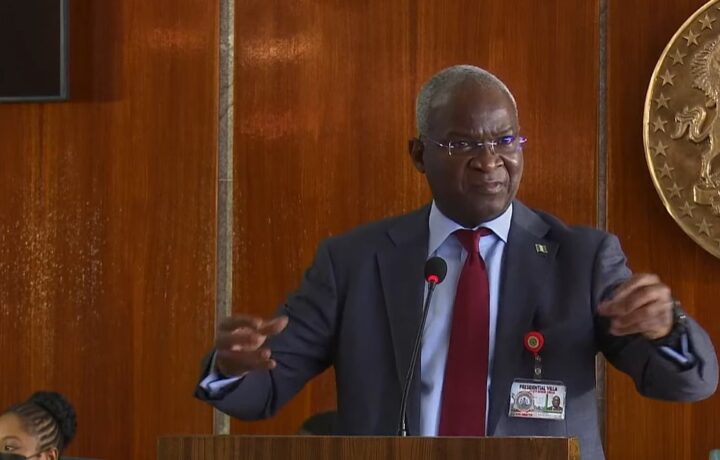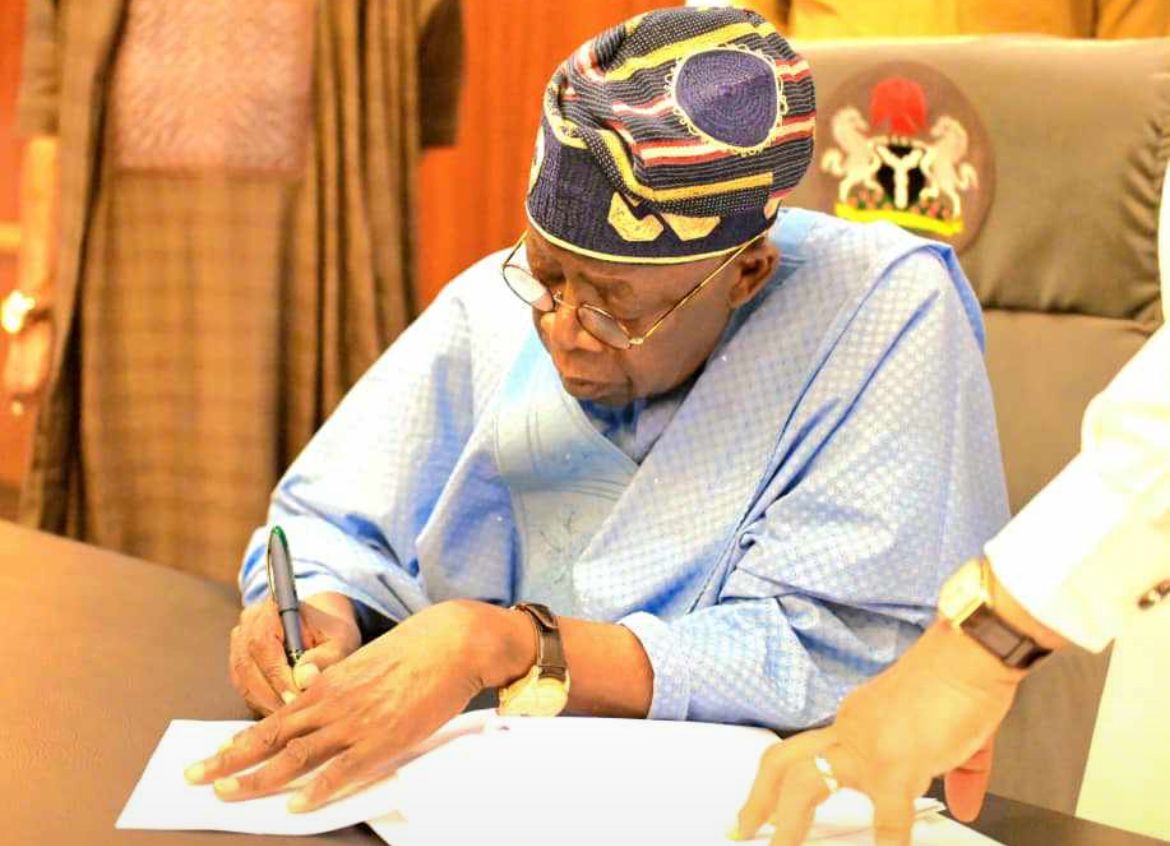In the annals of history, few periods have witnessed such transformative upheaval as the global oil crisis of the 1970s. With oil prices skyrocketing by a staggering 350 per cent, the reverberations were felt across every sector, from transportation to manufacturing. Nigeria, too, found itself at a crossroads, prompting the government to intervene by implementing subsidies through the Price Control Act. This act made it illegal to sell certain commodities, including petrol, above a regulated price. While subsidies on some items have been gradually phased out over the years, electricity and Petroleum Motor Spirit (PMS) subsidies have clung on tenaciously.
Yet, President Bola Ahmed Tinubu’s recent announcement to end fuel subsidies has unleashed a torrent of controversy, raising concerns about the potential economic fallout. For over 100 million Nigerians under the age of 40, the government’s hand in easing their energy costs has become a staple of life. Many among them, who lack access to fundamental necessities like quality healthcare and education, view these subsidies as the sole tangible benefits derived from the elusive “national cake.” Consequently, past efforts to reduce or eliminate subsidies have encountered fierce resistance from labour organizations and the general public. This resistance persists despite the pervasive corruption that often taints the administration of subsidies, amounting to a staggering $10 billion in costs for 2022 alone.
Cast your mind back to the years preceding the 1970s crisis, and you will recall American automakers churning out massive, gas-guzzling behemoths known as “muscle cars.” However, as oil prices soared to uncharted heights, necessity compelled Americans to seek out more efficient alternatives. This led to the introduction of fuel-efficient Japanese automobiles like Honda and Toyota into the American market. As the nation grappled with the consequences of oil dependency, the government played a pivotal role in introducing vital changes to energy efficiency policies and building design codes. Manufacturers, too, rose to the challenge by unveiling energy-efficient products adorned with names that resonated with a more energy-conscious public. General Electric’s “Watt-Miser,” Philips’ “Econowatt,” and Sylvania’s “SuperSaver” emerged as beacons of the new energy era.
Likewise, the elimination of fuel subsidies in Nigeria and the subsequent surge in prices present an unprecedented opportunity to reallocate resources towards sustainable and efficient energy solutions. This necessitates the adoption of energy efficiency measures across all sectors: transportation, industries, and households. By curbing overall energy consumption and reducing dependence on imported oil, Nigeria can propel itself towards a more sustainable future. Sustained government support is vital in driving the widespread adoption of efficient alternatives such as compressed natural gas (CNG), liquefied petroleum gas (LPG), and renewable energy sources. The International Energy Agency acknowledges that energy efficiency acts as the “first fuel” in transitioning towards renewable energy, as it concurrently slashes energy costs and fortifies energy security.
Advertisement
Furthermore, the revenue saved from the withdrawal of subsidies can be strategically allocated to social welfare programs, education, healthcare, and infrastructure development, delivering tangible benefits to the Nigerian populace. By embracing these measures, the government can surmount economic challenges, diminish its reliance on imported oil, and chart a course towards a more prosperous and environmentally conscious future.
As Nigeria bids farewell to petroleum subsidies, a new chapter in its history is unfolding—one that places energy efficiency at the forefront. President Tinubu’s decision sets the stage for a greener and more sustainable trajectory. Let us seize this opportunity to emancipate ourselves from the shackles of imported oil, harness the advantages of energy efficiency, and forge a brighter tomorrow for Nigeria.
Isa is an energy policy analyst with experience in the energy sector and a keen interest in a just energy transition.
Advertisement
Contact: LinkedIn
Views expressed by contributors are strictly personal and not of TheCable.
Add a comment







